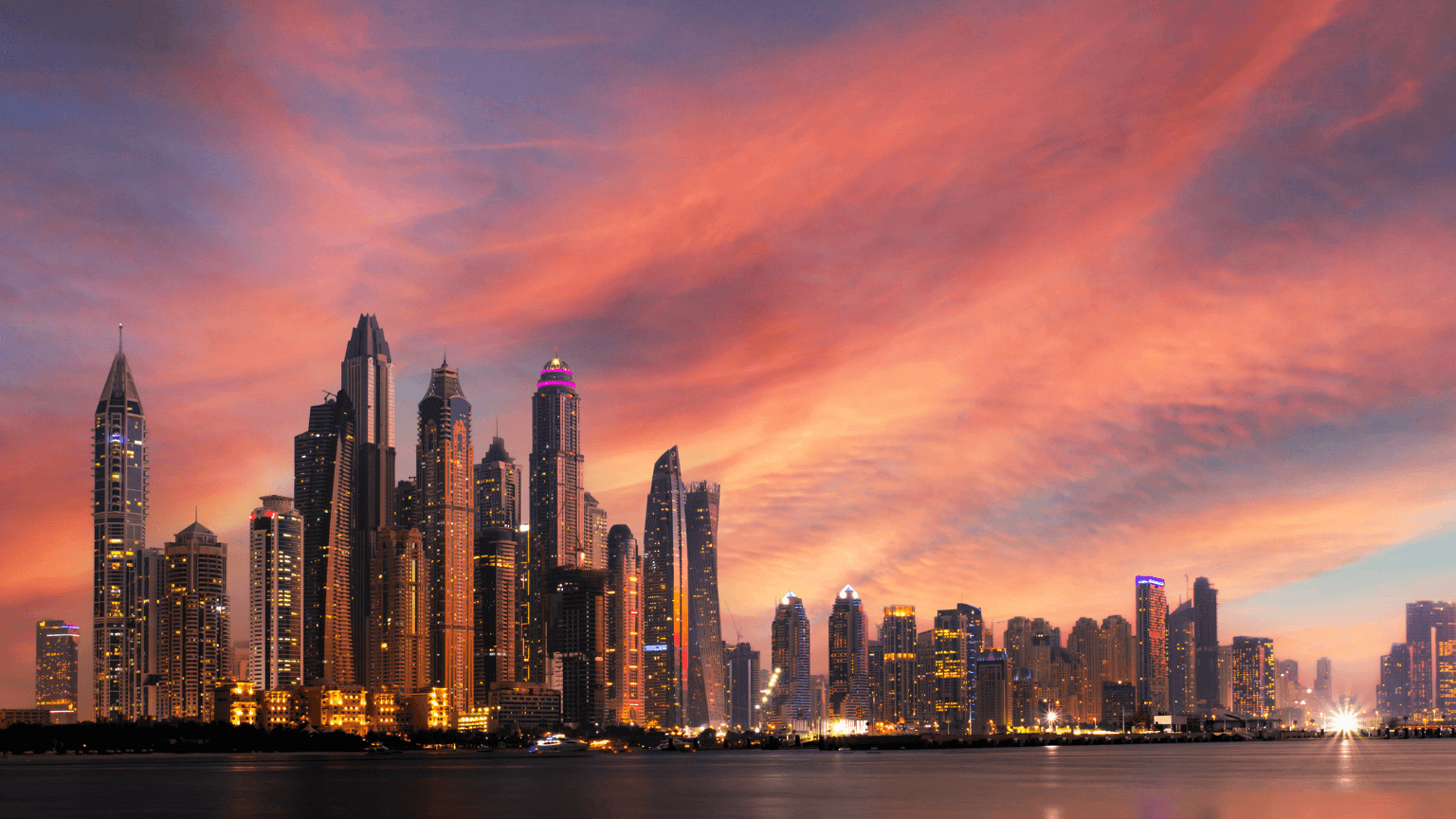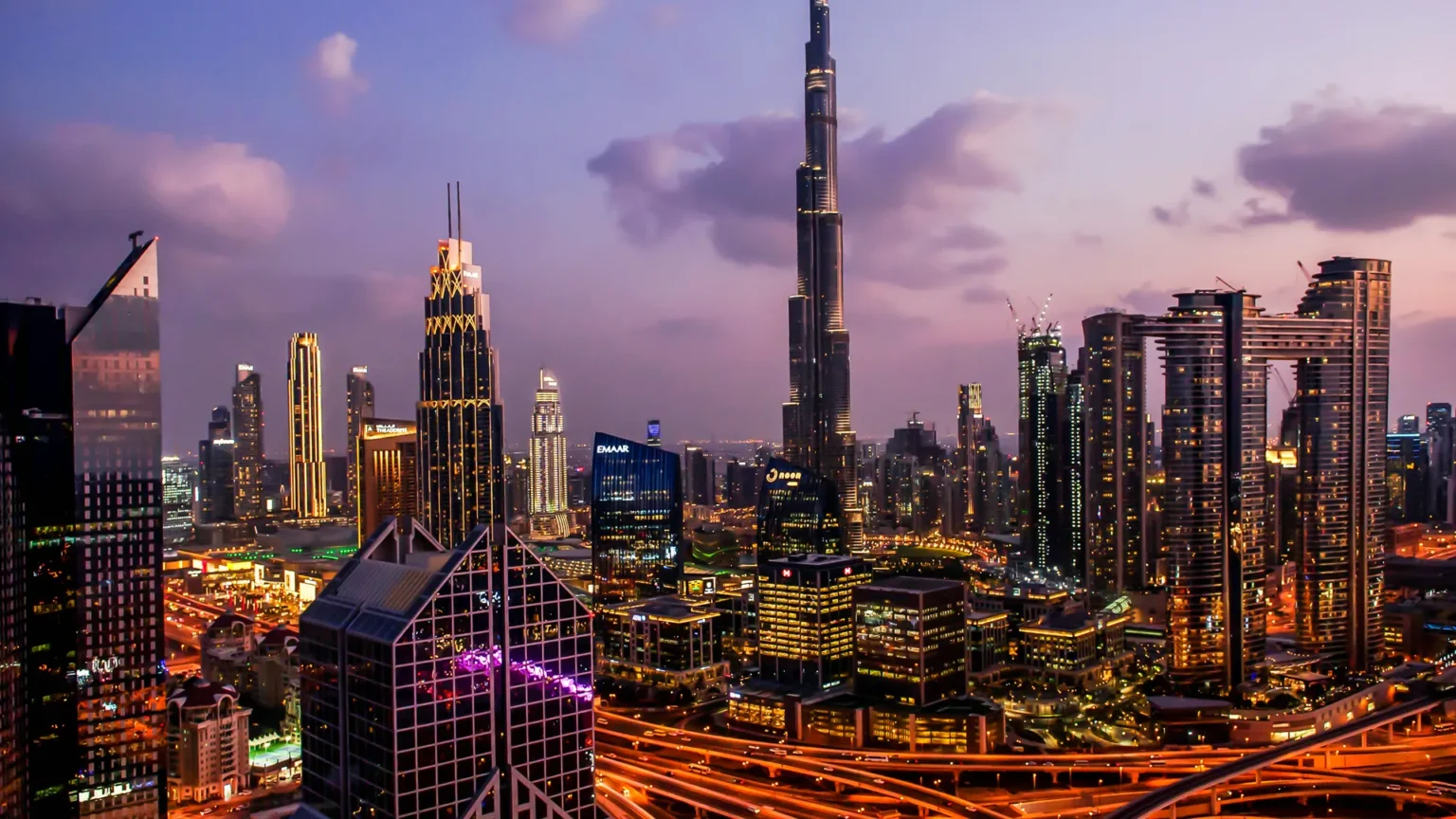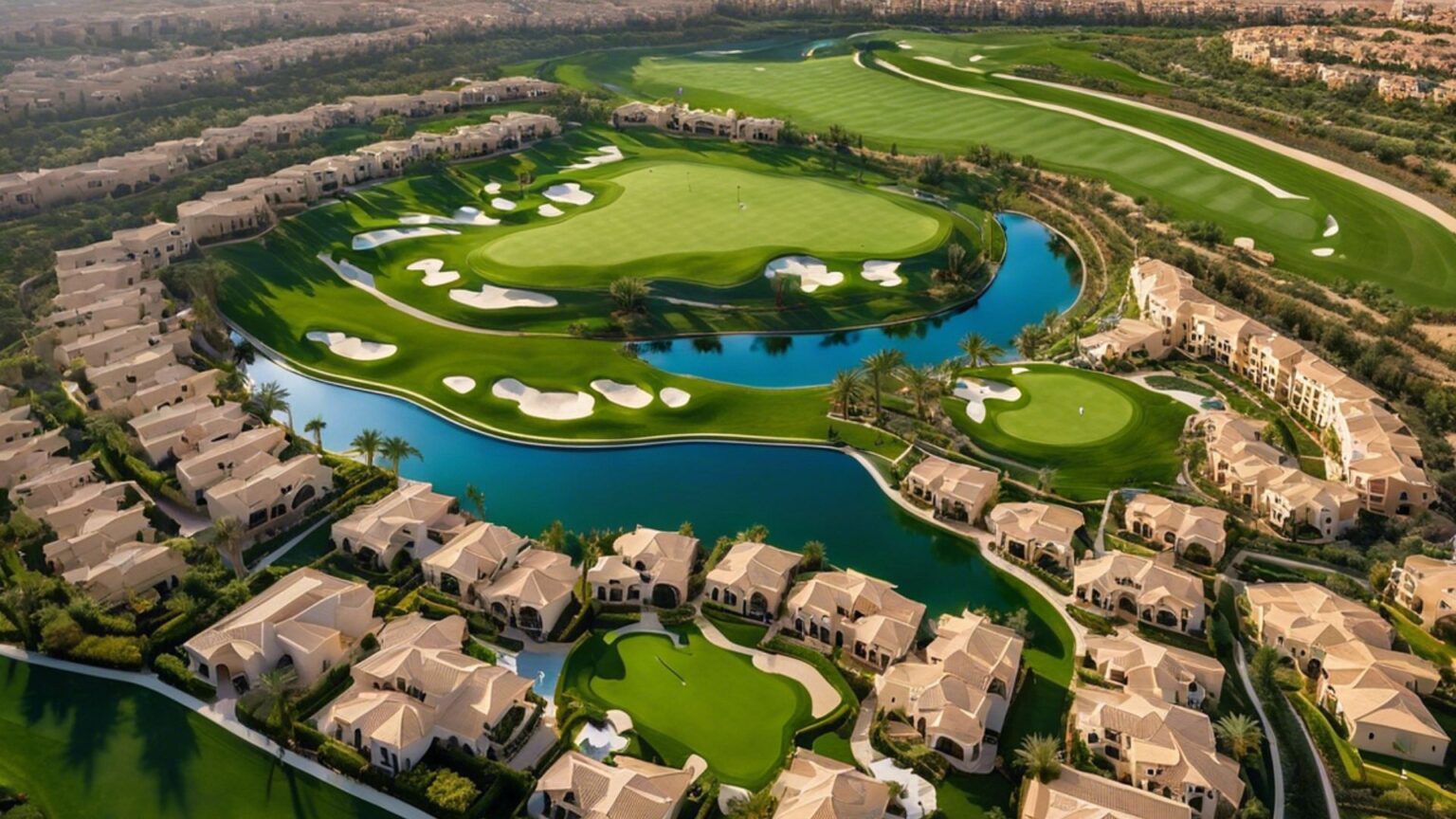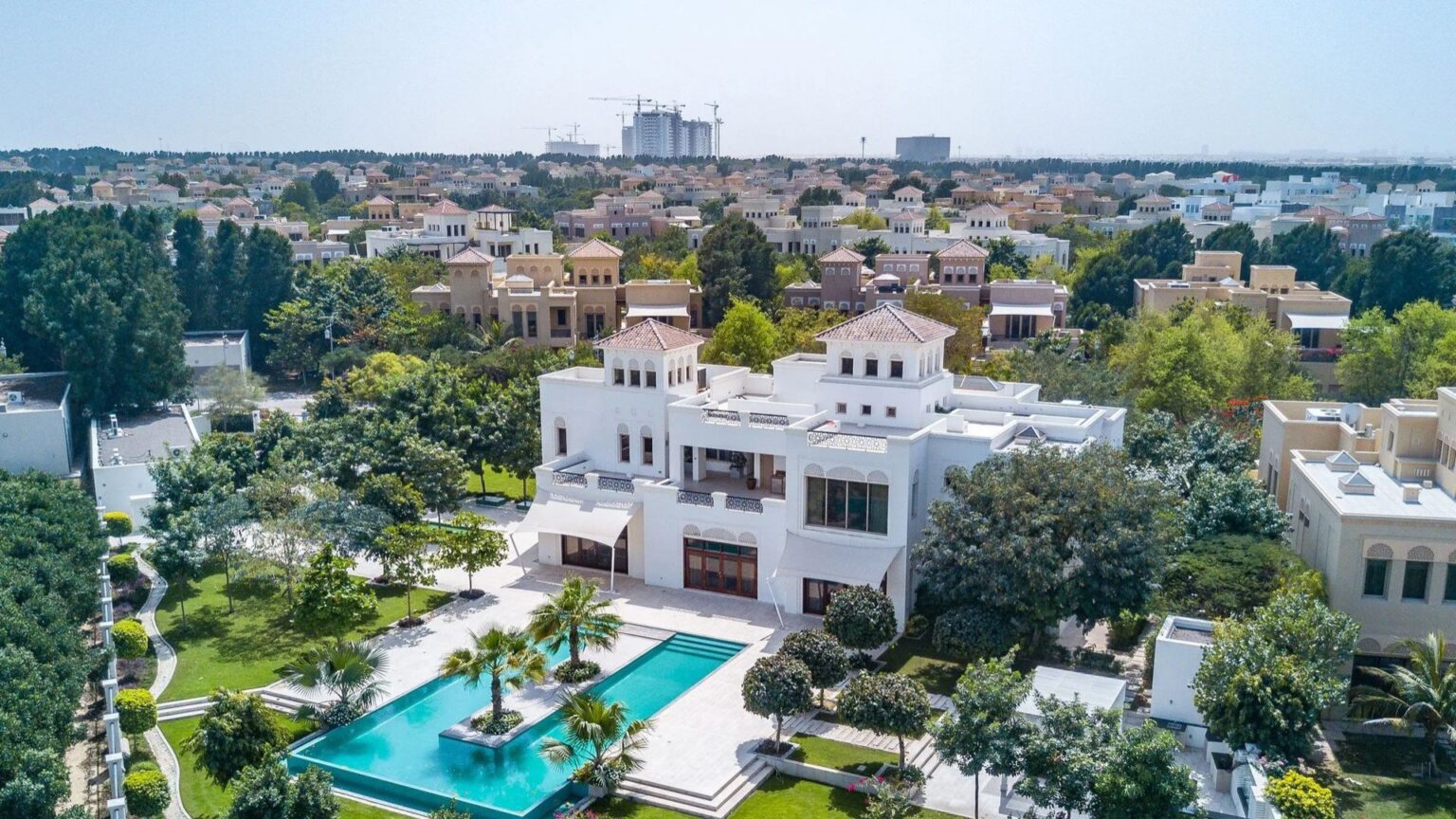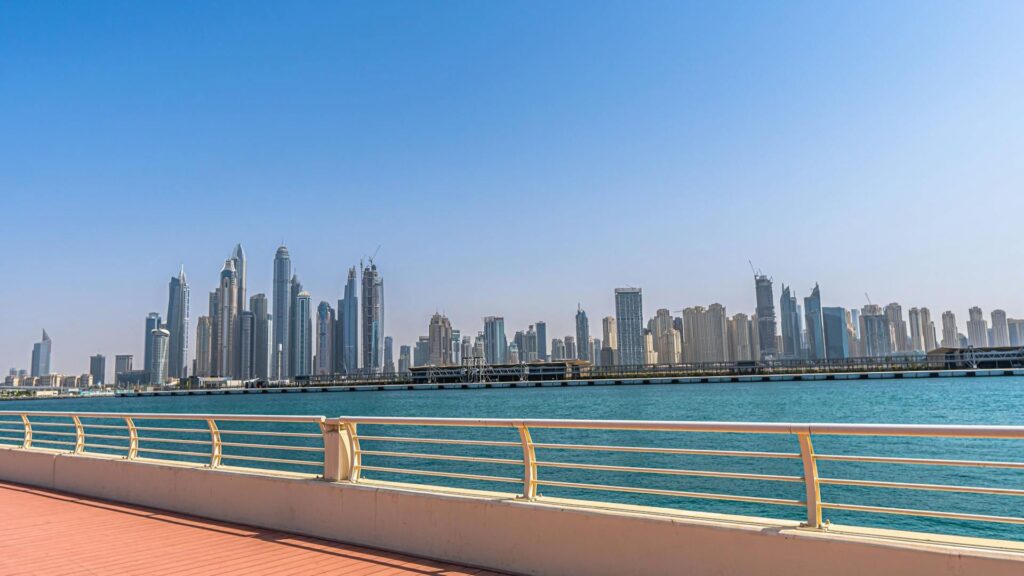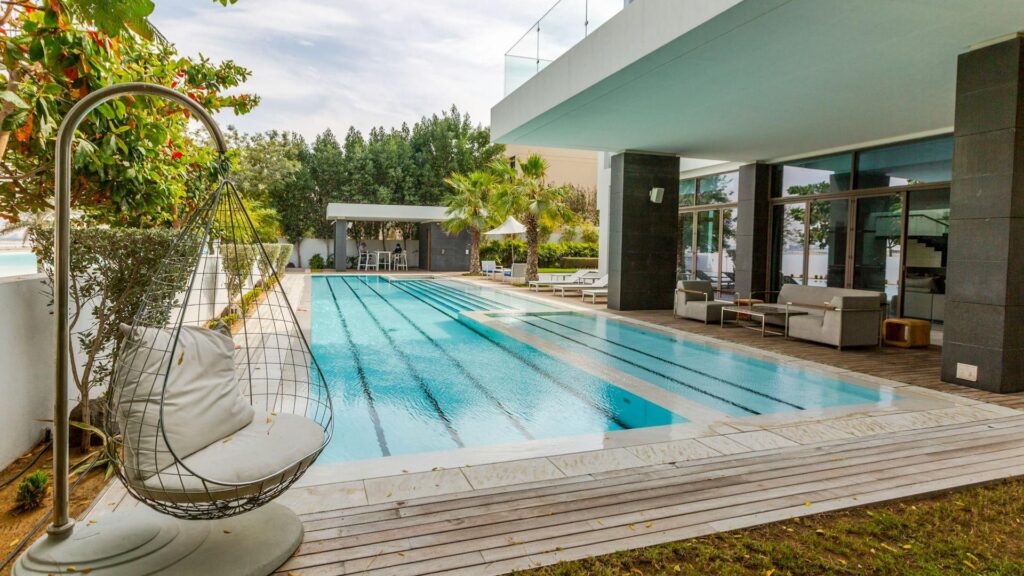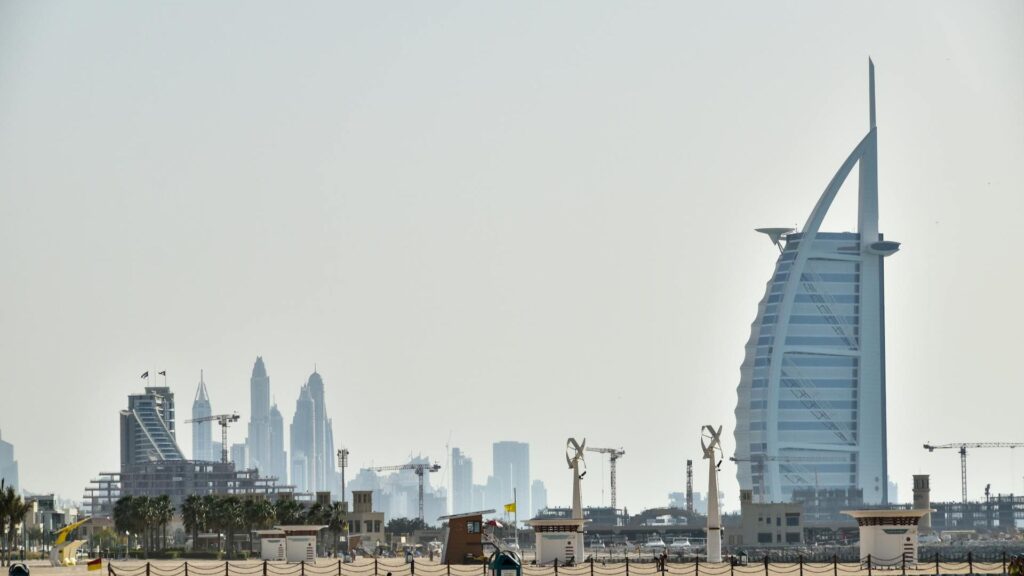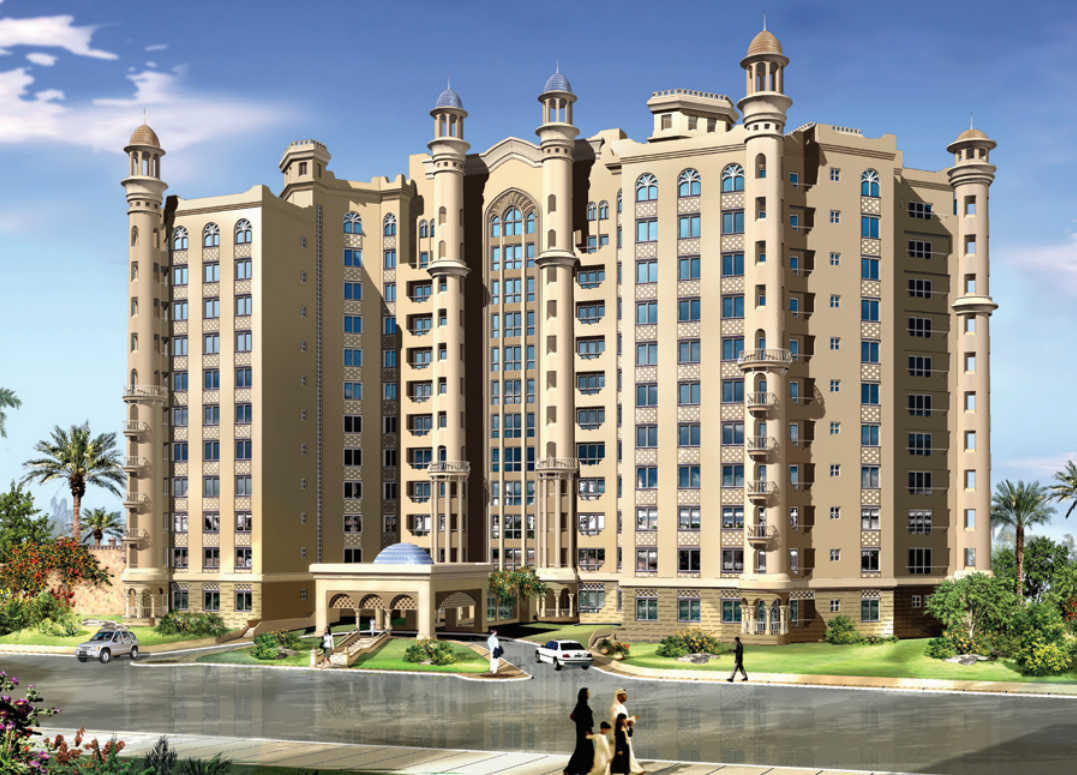Dubai has evolved into a premier destination for property investors, attracting a global audience due to its dynamic real estate market, tax-free income potential, and impressive lifestyle offerings. For investors, Dubai offers a variety of property investment options, each with unique benefits and risks. Whether you’re a first-time investor or looking to diversify your portfolio, understanding the different property investment options in Dubai can help you make informed decisions that align with your financial goals.
In this guide, we’ll explore various investment options in Dubai’s real estate market and what makes each one a viable choice in 2024.
1. Residential Buy-to-Let Properties
Residential buy-to-let properties are among the most popular options for investors in Dubai, providing a steady income stream through rental yields. Dubai’s high demand for rentals, especially in areas like Downtown Dubai, Dubai Marina, and Jumeirah Village Circle, makes this option attractive.
Investors can choose between apartments, townhouses, and villas, each with varying levels of demand and rental yield potential. Apartments in urban areas or waterfront locations tend to offer higher yields and shorter vacancy periods. Long-term rental contracts typically offer 5-8% rental yields, while short-term leases through platforms like Airbnb can yield even higher returns, especially in prime tourist areas.
Ideal Locations for Buy-to-Let Properties:
- Dubai Marina: Known for high rental demand, especially among professionals and expatriates.
- Downtown Dubai: Close to major attractions like Burj Khalifa and Dubai Mall, making it appealing for both long-term and short-term rentals.
- Jumeirah Village Circle (JVC): Offers affordability and consistent demand, especially from young professionals and small families.
2. Off-Plan Properties
Off-plan properties are those that are still under construction or in the planning stage. Investing in off-plan properties has become increasingly popular in Dubai due to the attractive payment plans offered by developers. Typically, investors pay an initial down payment, followed by installments until completion.
One major advantage of off-plan properties is the potential for capital appreciation. By the time the property is complete, its market value often increases, providing investors with instant equity. Additionally, purchasing off-plan properties allows investors to enter the market at a lower price point, making it accessible for a range of budgets.
Key Considerations for Off-Plan Investments:
- Developer Reputation: Choose reputable developers to minimize risks associated with project delays or cancellations.
- Location: Off-plan properties in developing areas like Dubai Creek Harbour and Mohammed Bin Rashid City offer high appreciation potential.
- Exit Strategy: Determine if you plan to sell upon completion or keep the property for rental income.
3. Luxury Properties for High-Net-Worth Investors
Dubai is synonymous with luxury, offering a range of high-end properties such as beachfront villas, penthouses, and exclusive residences in areas like Palm Jumeirah and Emirates Hills. Luxury properties are ideal for investors looking to attract affluent tenants or clients, and they often come with premium amenities, breathtaking views, and a prestigious address.
These properties typically appreciate well over time, as Dubai’s luxury market remains resilient. They also cater to short-term holiday rentals, offering potential for high yields due to Dubai’s influx of luxury-seeking tourists. However, luxury investments require higher initial capital, making them better suited for high-net-worth individuals.
Popular Luxury Investment Areas:
- Palm Jumeirah: Known for exclusive beachfront villas and apartments with private beach access.
- Downtown Dubai: Offers luxurious high-rise apartments with Burj Khalifa views.
- Emirates Hills: Features custom-built mansions and villas, popular among high-net-worth investors.
4. Commercial Properties
Investing in commercial real estate, such as offices, retail spaces, and warehouses, can be a lucrative option, especially with Dubai’s reputation as a business hub. The demand for commercial properties is strong in districts like Business Bay, Dubai International Financial Centre (DIFC), and Jumeirah Lake Towers (JLT), where businesses seek office space and retail establishments.
Commercial properties generally offer higher rental yields compared to residential properties, and they are less affected by vacancy rates as businesses often sign multi-year leases. However, commercial investments usually require higher initial capital and in-depth knowledge of Dubai’s business landscape.
Prime Areas for Commercial Investment:
- Business Bay: Dubai’s main business district, known for office spaces with proximity to Downtown Dubai.
- DIFC: A financial hub offering high-end commercial real estate with stable, long-term returns.
- JLT: Popular for its free-zone status, attracting businesses and retail spaces.
5. Holiday Homes and Short-Term Rentals
With Dubai’s flourishing tourism industry, investing in holiday homes or short-term rentals can be highly profitable. Properties in popular tourist areas like Downtown Dubai, Dubai Marina, and Palm Jumeirah are in high demand for short stays. Platforms like Airbnb and Booking.com allow investors to maximize rental income by renting properties on a nightly basis.
Short-term rentals offer flexibility and higher rental yields compared to long-term leases. However, they require active management and may have fluctuating occupancy rates based on seasonal demand. Working with a property management company can help maintain occupancy and manage guest relations effectively.
Best Locations for Holiday Homes:
- Palm Jumeirah: Waterfront properties are highly desirable for vacationers.
- Downtown Dubai: Near major attractions, ensuring a steady flow of short-term tenants.
- Dubai Marina: Popular for its lively atmosphere and proximity to beaches and entertainment.
6. Real Estate Investment Trusts (REITs)
For investors who want exposure to the real estate market without direct property ownership, Real Estate Investment Trusts (REITs) are a viable option. REITs allow investors to buy shares in a portfolio of income-generating properties, such as shopping malls, hotels, and office buildings, offering dividends from rental income.
Dubai’s REIT market is growing, providing investors with access to diversified real estate portfolios managed by professional firms. REITs offer liquidity, as shares can be traded on the stock market, and they provide an opportunity for passive income without the need to manage properties directly.
Benefits of Investing in REITs:
- Liquidity: Easier to buy and sell shares compared to physical property.
- Diversification: Invest in multiple property types, spreading risk across various real estate sectors.
- Professional Management: Managed by experienced professionals who handle property acquisition, management, and leasing.
7. Industrial Properties
Dubai’s strategic location as a logistics and trade hub has led to an increased demand for industrial properties, such as warehouses and distribution centers. Industrial properties are especially attractive to investors focused on long-term leases, as many logistics and manufacturing businesses require storage and operational space.
Industrial investments typically offer high yields, with lower maintenance costs than residential or commercial properties. Areas like Dubai South and Jebel Ali Free Zone (JAFZA) are well-suited for industrial investment due to their proximity to airports, ports, and logistics facilities.
Key Industrial Investment Areas:
- Dubai South: Home to Al Maktoum International Airport and Expo 2020 site, ideal for logistics and warehousing.
- JAFZA: A free-zone with established demand for warehousing and industrial properties.
- Al Quoz: Known for its manufacturing and warehousing facilities, close to central Dubai.
8. Mixed-Use Developments
Dubai is also home to numerous mixed-use developments, which combine residential, commercial, and retail spaces in one community. These developments offer a balanced lifestyle, with access to living, working, and leisure spaces in one area, attracting residents and businesses alike. Mixed-use investments allow investors to diversify their portfolio within one project, catering to different rental markets.
Popular Mixed-Use Developments:
- Dubai Creek Harbour: Offers residential, commercial, and retail spaces with waterfront views.
- City Walk: Known for a mix of shopping, entertainment, and high-end apartments, popular among urban dwellers.
- Bluewaters Island: Features retail, dining, and residential options, with attractions like Ain Dubai.
Conclusion
Dubai offers a wide range of property investment options tailored to various investor goals and risk levels. From residential buy-to-let properties and off-plan projects to commercial spaces and REITs, the diversity in Dubai’s real estate market provides ample opportunities to build a successful investment portfolio.
Whether you’re looking for high rental yields, long-term capital appreciation, or short-term rental income, Dubai’s strategic location, tax-free environment, and world-class infrastructure make it an attractive destination for real estate investment. As always, it’s essential to conduct thorough research and consult with experienced real estate professionals to ensure that your investment aligns with your financial objectives.



